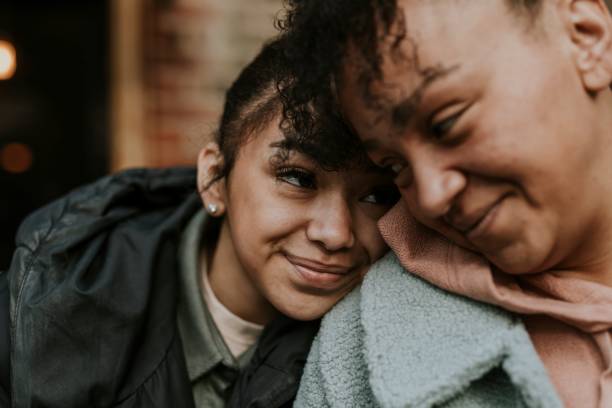Related Articles
Relevant Topics
If you’re a worker paying 58 cents of every $100 to WA Cares and someday qualify for a WA Cares benefit (not all will), you won’t be able to hire just anyone you choose to help with your care. The caregiver will need state approval.
To be considered, caregivers and facilities offering services for long-term care will need to submit applications, work out a WA Cares contract with a state agency and then be confirmed or denied. Family or friend caregivers will need to have state-required training before being allowed to offer or continue offering help to a loved one — that is if they want to be paid with a WA Cares’ beneficiary’s money.
The Department of Social and Health Services is charged with registering providers and deregistering them if they fail to meet qualifications. It is working on a new chapter of Washington Administrative Code that will include provider application and registration requirements.
The first provider rulemaking meeting was May 29. Two more meetings are scheduled for June 12 and June 26. The public can register and attend these listening sessions in which the state seeks outside input about what responsibilities and rights WA Cares’ caregivers should have.
Know that they are true listening sessions, not information sessions or a time for general questions, answers or comments about WA Cares. A lot of program details aren’t known yet. In these sessions, the state is gathering information to help guide decision-making about how this all goes down. (Learn more about past and future rulemaking meetings related to WA Cares here.)
State workers are doing a good job seeking input, whether to get information DSHS thinks useful or to be able to say information was sought. I think both things are happening. But I wonder if the state should put a hold on most WA Cares-related planning and expenditures until they know how voters decide Initiative 2124. The initiative would make WA Cares optional instead of mandatory, and most people agree that a voluntary WA Cares will greatly alter or kill the unpopular program. An oversight commission has even created a contingency work group.
An expenditure-cease is especially urged for the state’s marketing campaign. The ongoing campaign strives to create an affinity for the program. Not only do Washingtonians not need advertisements for a product they are already forced to have, plenty of time remains before benefits start going out to give people actual information about the program. Right now, the messaging simply says WA Cares is great and the state thinks people will benefit. With a measure on the November ballot asking if voters want to make participation in WA Cares optional, creating an affinity for WA Cares seems inappropriate in addition to unnecessary.
The state should save our money and put a pause on most planning and marketing for a program that could see major change.






